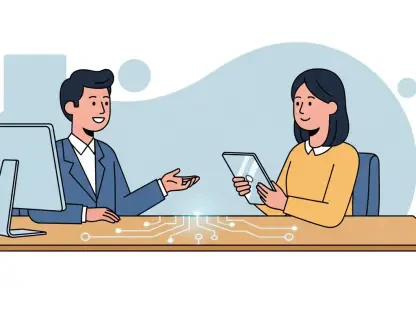The COVID-19 pandemic brought about significant economic instability, leading many individuals to rely on unemployment benefits for survival. Unfortunately, this necessity also opened avenues for fraudulent activities, with some exploiting the system designed to support those in genuine need. One such case culminated in the sentencing of a Southfield man to prison for his involvement in pandemic unemployment insurance fraud. This individual’s actions highlight a serious issue impacting the integrity of the unemployment benefits system and reflect broader efforts to curb such fraudulent practices.
Fraudulent Activities Exposed
The Southfield man’s fraudulent scheme involved submitting falsified claims to illicitly receive unemployment benefits, a deceitful tactic that undermined the system’s purpose. By providing fake documents and incorrect information, he managed to secure financial assistance meant for people who genuinely lost their jobs due to the pandemic. His actions represent a larger trend where criminals took advantage of the chaotic situation, abusing a system aimed at offering relief during unprecedented times. The court’s decision to sentence him to prison sends a clear message about the consequences of such unethical behavior.
Unemployment insurance fraud is not a minor offense; it severely impacts the availability of funds for those who need them most. Authorities across the United States have faced numerous cases where individuals fraudulently claimed benefits, draining resources intended for genuine support. The sentencing of the Southfield man is a part of a broader crackdown on such activities. It demonstrates the judiciary’s resolve to punish those who exploit governmental assistance programs, ensuring that the system regains its integrity and functions effectively.
Judicial Response to Pandemic Fraud
In response to the surge in fraudulent claims, law enforcement agencies and judicial bodies have intensified efforts to detect and prosecute these crimes. The case of the Southfield man shows a pattern of increasing vigilance in identifying fraudsters and delivering stringent legal repercussions. This assertive approach is critical in restoring public trust in unemployment benefits programs and deterring other potential fraudsters from engaging in similar activities. The court’s verdict reflects a commitment to upholding the law and protecting resources allocated for economic relief.
Highlighting the specifics of the Southfield man’s scheme reveals how the elaborate fraud involved meticulously crafted false documents and misleading information. Such tactics designed to deceive the system are met with rigorous investigation and prosecution. Law enforcement agencies have adopted innovative methods to track and identify fraudulent activities, ensuring that perpetrators face the full force of the law. This case serves both as a warning to other would-be fraudsters and a reassurance to the public that authorities are dedicated to preserving the integrity of unemployment benefits.
Nationwide Efforts to Combat Fraud
The COVID-19 pandemic caused significant economic turmoil, compelling many to depend on unemployment benefits to get by. Regrettably, this situation also created opportunities for fraudulent activities, with some individuals gaming the system meant to help those genuinely in need. In one prominent case, a man from Southfield was sentenced to prison for his role in pandemic unemployment insurance fraud. His actions reveal a critical issue undermining the integrity of the unemployment benefits system and spotlight the ongoing efforts to address such fraudulent behaviors. Authorities are dedicated to safeguarding these support systems and ensuring that only those who truly need assistance receive it. This incident serves as a stark reminder of the challenges faced by the system and emphasizes the importance of vigilance in protecting public resources. Efforts to enhance fraud detection and preventive measures are essential in maintaining public trust and ensuring aid reaches the deserving recipients during times of crisis.









